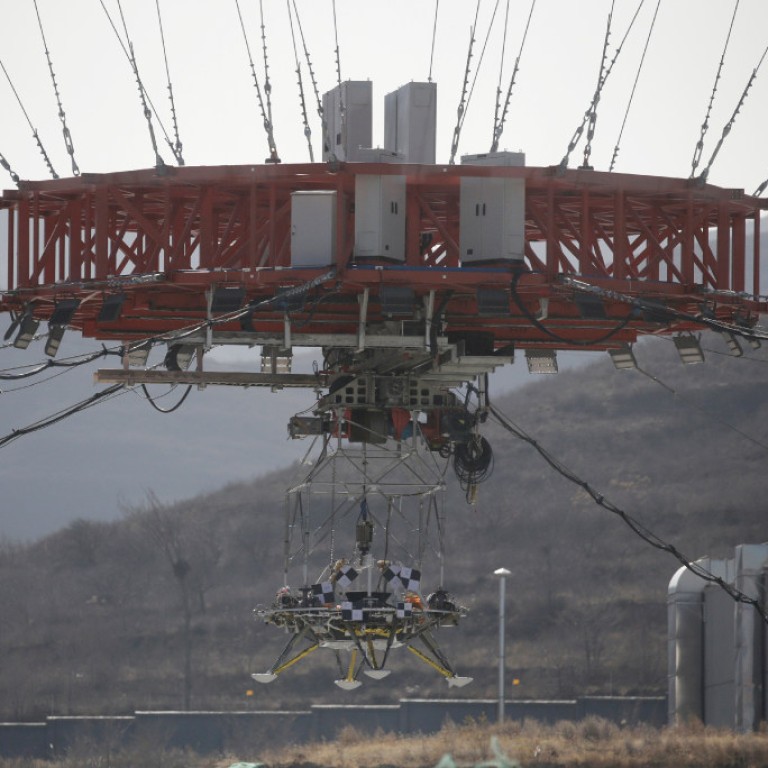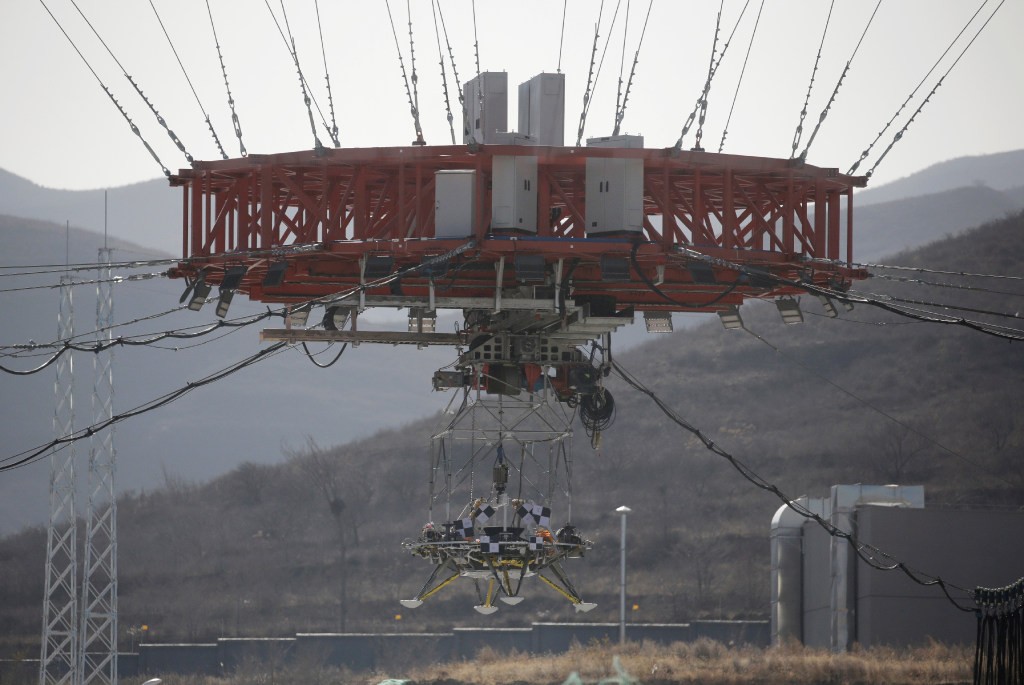
China’s 2020 Mars mission is going ahead despite the pandemic
The mission, on track for a July launch despite the Covid-19 pandemic, is named Heavenly Questions after the classical Chinese poem Tianwen
China’s Mars mission is moving ahead as planned despite disruptions caused by the coronavirus pandemic. And now the mission has a name: Tianwen-1.
The unmanned Tianwen-1 Mars mission is scheduled to launch in July, coinciding with a window occurring every 26 months that allows for the minimal use of propellant. It will take up to seven months for the probe to reach the red planet.
The probe is expected to be launched by China’s Long March 5 heavy-lift rocket. The mission includes orbiting, landing and roving.

China also had other missions planned for this year, but it’s not clear whether they have been affected by the pandemic. China planned to launch the Tianhe core module for its upcoming space station and the Chang'e 5 lunar probe, meant to bring Moon samples back to Earth.

